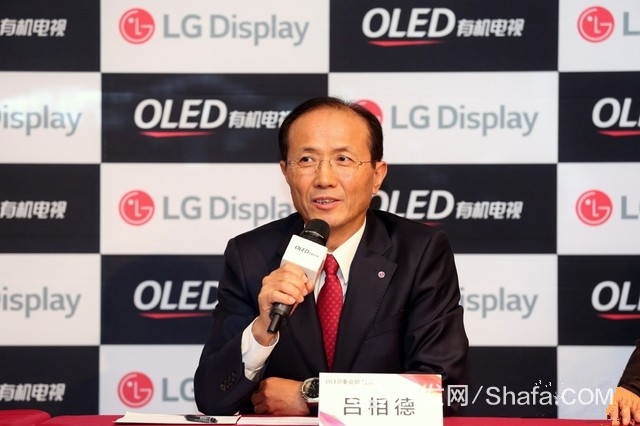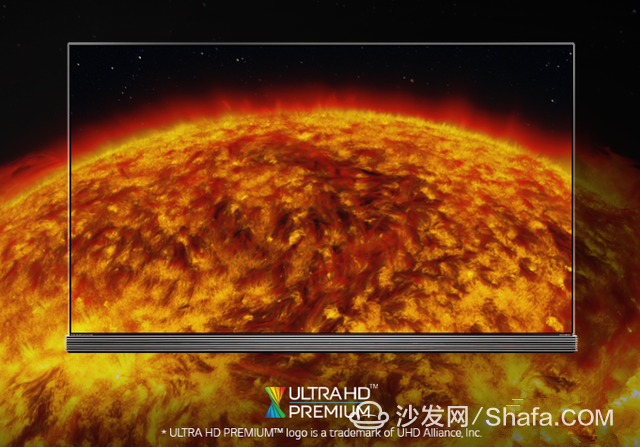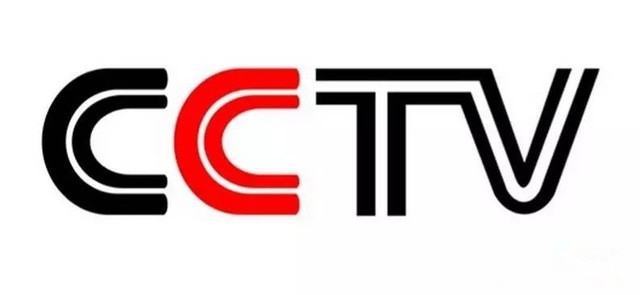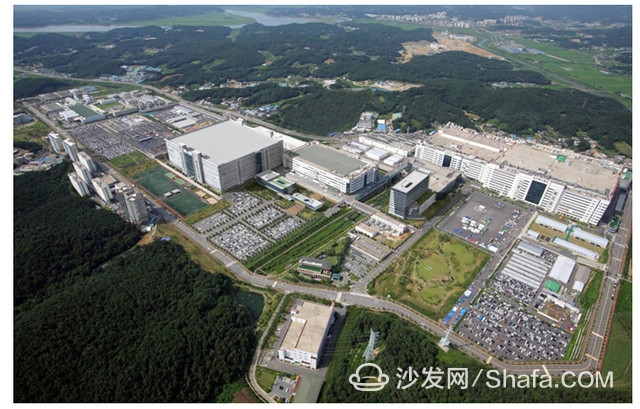OLEDs (Organic Light-Emitting Diodes), organic light emitting diodes, are recognized as the best display technology to date. For readers who are concerned about high-end display products, OLED display technology is not unfamiliar, and there are countless high-end consumer groups rushing to it. After years of expectation, in September 2013, LG Electronics officially released the world’s first OLED TV product in the Chinese market. People realized that TV is finally entering the new OLED era.

LG Display OLED Division President Lu Xiangde interviewed by the media
As we all know, LG Display is a panel maker that has mass-produced OLED TV panels so far. In 2016, it will produce 1 million OLED TV panels. In 2017, it plans to produce 2 million OLED TV panels. The relative “rare†output directly puts OLEDs. TV is limited to "new TVs that rich people can consider." However, there are still a small number of high-end users who think that OLED TVs are not perfect, such as high yield, longevity, and residual image (burn screen).
On the afternoon of October 27th, 2016, the author was honored to be invited to participate in the “OLED Media Conference†held by LG Display. The executives of LG Display OLED Business Unit Lu Xiangde and LG Display Research Institute Director Yin Yurong attended the event and gave detailed introductions. Demonstrating the technological advantages of OLED and its future strategic plans, the media at the venue were thrilled. As an unwavering OLED “display technology control,†the author is well aware of the concerns of readers of OLED TVs, and therefore he consulted on the “three major ills†at the conference.

Yin Yinrong, Director of LG Display Institute explained the advantages of OLED
LG Display, as the only OLED TV panel leader in the world today, has answered this question very professionally and meticulously. It also shows that OLED TV has a market share of more than 50% in the high-end TV market in the United States and Europe, and is highly favored by high-end users. LG Display emphasized that Germany is a very rigorous country. OLED TVs have passed a series of rigorous tests in Germany and received very high evaluations. The side shows that OLED has no so-called "three major ills." Next, we detailed Say.
OLED TV life: 17 years enough?
On the issue of the lifetime of OLED TVs that we are most concerned about, the response of President Lu Xiangde of LG Display OLED Division is very gentleman, professional, and full of self-confidence, which makes the author admired.
First of all, President Lu Xiangde professionally explained the concept of service life. The service life refers to the “time required for the brightness of the display product to decrease by 50% when viewing ordinary influencesâ€. With the continuous maturation of OLED technology, LG Display is currently manufacturing The service life of OLED products can already guarantee more than 50,000 hours.
What is the concept of more than 50,000 hours? Suppose a family watches TV for 8 hours, then 50,000 hours are exchanged for 17 years of use. It is worth mentioning that the average time period for replacement of televisions in the United States is 8 years, while in China it is only 6 years. In other words, we can boldly buy the right OLED TV products. We don't have to worry about OLED TVs dying before they are eliminated. This kind of thing will never happen.

OLED TV: Watch 8 hours a day for 17 years
In addition, LG Display’s Korean headquarters has tested the products that have been used to test the lifetime of OLED panels for many years without problems. I believe readers of this article will undoubtedly have a large part of long-term attention to the development of display technology. If there are other people who later question the useful life of OLED display products, you can ask him: 17 years is enough?
Residual video (burn screen): Watch CCTV every day without fear
From the early plasma TVs to the current OLED TVs, residual video (also known as “burningâ€) is also a very concerned issue for high-end consumers. The president of LG Display OLED Division Lv Xiangde is very familiar with CCTV.

OLED TV has eliminated burn-in
In the same way, President Lu Xiangde's professional explanation of what remains is the phenomenon of leaving a mark on the screen when viewing a fixed screen for a long time. For example, early plasma TVs and CCTV television stations for a long time, the CCTV logo will leave traces. .
Absorbing the lessons learned from plasma technology, LG Display OLED products have been able to ensure that this phenomenon is eliminated for more than 10,000 hours by adopting image quality improvement algorithms and improving component characteristics. In accordance with international standards, 5.5 hours of CCTV programs are watched on a daily basis. After five years of continuous viewing, the screen brightness at the CCTV logo is only reduced by 5%. In reality, such a viewing environment does not exist, so consumers do not have to worry about it. OLED TVs leave residual images.
In fact, from the OLED TV market in 2013, it is almost impossible to hear the OLED TV burn. In addition, with the dramatic changes in the user's viewing habits, fewer and fewer people watch television programs, and many times watch various network video resources through boxes. These resources do not have a fixed logo. Therefore, whether you are a traditional TV user or a new era video user, you don't need to worry about the so-called burn-in problem.
80% yield: OLED 2 years of liquid crystal 10 years
All along, OLED display products have been branded with “very low yield†labels. People simply attribute the high cost of OLEDs to the low yield rate. In fact, after the efforts of LG Display, the yield rate has long been no longer troubled with OLED TV products.

LG Display Paju factory
Lu Xiangde, president of LG Display OLED Division, stated that although OLED technology is more complex than LCD, the manufacturing yield of 55-inch 1080p OLED TV panel has exceeded 85%, and the yield of 4K UHD OLED TV panel also reached 80%. In fact, it takes a full 10 years for LCD technology to reach 80% yield, and OLED technology only took 2 years, and in the future it will significantly increase the yield. This, I am afraid that everyone did not expect it.
The research and development cost of OLED technology is very high. This is because OLED technology still has considerable potential to be tapped. So for a long time to come, it is foreseeable that LG Display will spend a lot of time to develop and improve OLED display technology. Behind the high price of TV products, the reason is not the yield, but because of the high R&D cost (be aware that Samsung Display has to give up OLED TVs for this purpose).
Fortunately, the comprehensive strength of OLED TV products is extremely outstanding. In the top 1.8 to 2% of the global consumer market, OLED has already occupied more than 70% of the high-end market share in the United States, as well as European countries. To sum up, the so-called "three major ills" of OLED display technology have long since ceased to exist. If you want to enjoy the unparalleled visual experience of OLED in advance, please feel free to purchase.
Smart TV/box information can focus on smart TV information network sofa butler (http://), China's influential TV box and smart TV website, providing information, communication, TV boxes, smart TVs, smart TV software, etc. Answering questions.
48V30Ah Lithium Ion Battery,Long Cycle Life 48V 30Ah Battery,48V 30Ah Battery For Vehicle,Deep Cycle Life Battery
Jiangsu Zhitai New Energy Technology Co.,Ltd , https://www.zttall.com